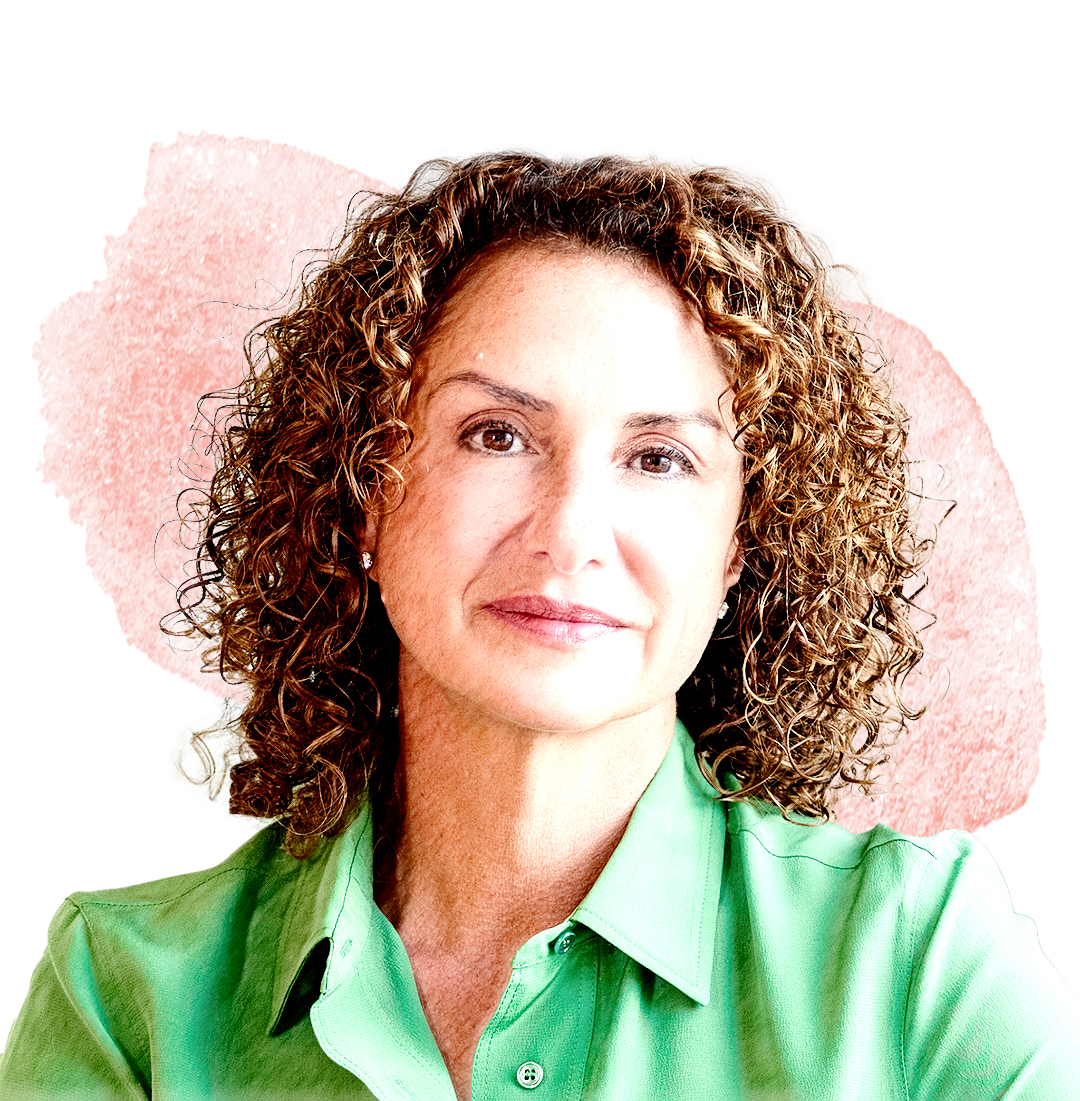In 2017, Lila Ibrahim spent more than 50 hours interviewing for her current role as chief operating officer at Google DeepMind. This was, in part, DeepMind’s leadership making sure that she was the right person for the job. But Ibrahim, who had spent more than two decades in tech, was also doing her due diligence. “I really had to ask myself, and have the conversations with my family. It’s such a powerful technology. Am I the right person? And is this the right place?”
Ibrahim, 53, describes DeepMind, which was acquired by Google in 2014 and merged with Google Brain in April, as a blend of startup, academic lab, and global tech behemoth. She feels especially well equipped from her years at Intel, VC firm Kleiner Perkins, and ed-tech startup Coursera, to manage DeepMind’s day-to-day operations, and to lead the company’s responsibility and governance work. “I feel like I was built for this moment,” she says.
More from TIME
Since the release of ChatGPT, the public conversation around AI has shifted, says Ibrahim. But discussions about developing safe AI systems that are now happening in the industry and among policymakers have been happening within DeepMind since its inception. Ibrahim points out that DeepMind had similar technology to ChatGPT—a paper suggests that DeepMind developed a similar system, Gopher, in December 2020—but had decided not to release it because of concerns over its tendency to give factually incorrect responses. Since the release of ChatGPT, many companies, including Google, have released their own chatbots, though DeepMind has yet to do the same.
In May, Ibrahim, along with Demis Hassabis and Shane Legg, DeepMind’s founders, signed a statement declaring risks from AI should be taken as seriously as risks from pandemics and nuclear war. As leader of DeepMind’s work on responsibility and governance, Ibrahim is the person charged with mitigating those risks.
She says she wouldn’t have joined DeepMind unless she felt the opportunities AI could create outweighed the risks, but recalls being struck, during the job interview, by how severe the risks were. “I have twin daughters,” Ibrahim says. “I kept thinking: Can I tuck them in at night?”
- The 100 Most Influential People of 2024
- How Far Trump Would Go
- Why Maternity Care Is Underpaid
- Scenes From Pro-Palestinian Encampments Across U.S. Universities
- Saving Seconds Is Better Than Hours
- Why Your Breakfast Should Start with a Vegetable
- Welcome to the Golden Age of Ryan Gosling
- Want Weekly Recs on What to Watch, Read, and More? Sign Up for Worth Your Time
